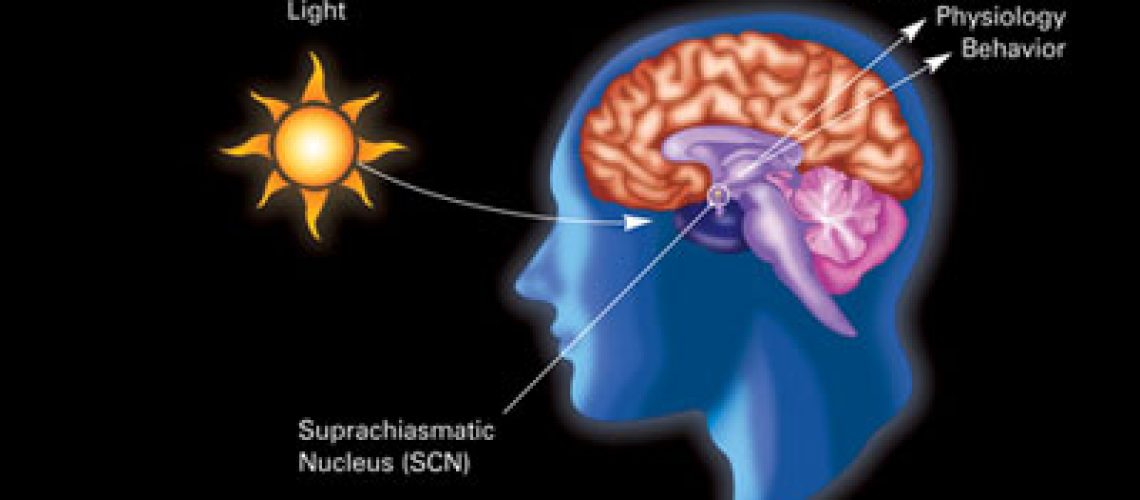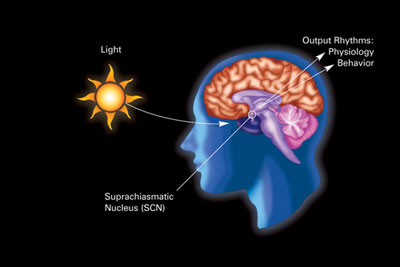“You do know when you travel internationally, your kidneys have the harder time getting into the right time zone,” Hugh said.
I looked at him and wanted to tease him for such a ridiculous idea.
But I couldn’t
He finished, “Yeah, haven’t you ever noticed that?”
And of course it was obvious now that he mentioned it.
It was simple to observe. Unless you have prostate issues or are pregnant, which I can I definitively respond negatively to both conditions for my part, your kidneys sort of ‘shut down’ at night. Hence, when traveling multiple time zones over short periods of time, your kidneys among other organs, become confused.
They do this because of two things: circadian rhythm (which I think is so sexy I am surprised they don’t have a sitcom about it) and environmental clues (ie, well… you know what those are.)
Circadian rhythm is your internal, roughly 24 hour clock that your body, racoons, elephants, coconut trees, and ocean bacteria all have and in the case of humans and things with similar brains, is housed in the suprachiasmatic nucleus. The suprachiasmatic nucleus is pine cone-shaped object the size of a grain of rice that has 20,000 neurons, and interacts all over your brain.
It registers all of your ‘zeitgebers’.
Zeitgebers are external or environmental cues that keep your clock synchronized, on the correct time, to the earth’s 24-hour light/dark cycle.
No wonder jet lag makes you go crazy.
And you can imagine how bad insomnia is for your suprachismatic nucleus.
Woah.
And it gets worse. Way worse.
Its turns out that not only does your circadian clock get all confused if you don’t sleep enough and your kidneys have no idea when the best time to pee is, but if you don’t sleep enough you don’t get your brain washed correctly.
A group from the Division of Glial Disease and Therapeutics, Center for Translational Neuromedicine, Department of Neurosurgery, University of Rochester Medical Center, Rochester, NY took sleeping, anesthetized, and awake mice and filled their little heads with fluorescent dye. Then they measured they dye and looked into their heads with a very, very fancy microscope.
What they found was that when a mouse was asleep or anesthetized, the brain cells shrank.
60 %.
That would be like if you you shrank from 6 foot to 2 foot.
In all that space in their tiny mice brains, cerebral spinal fluid flooded in, swishing around all over and around those brain cells. It basically washed the brain cells from all of the molecules and waste products that had accumulated with the work the brain had done while it was awake.
The researchers said it answered a question of why sleep is so necessary. So restorative. Even in humans.
Brain washing is the coolest fluid dynamic engineering solution in a living system that I have ever heard of this week.
On this Monday, get some good sleep tonight. To keep your circadian clock, kidneys and brain cells at their optimum.
Instead of sheep, count your Zeitgebersssssszzzzz…zzzzzz. That should cure your insomnia.






